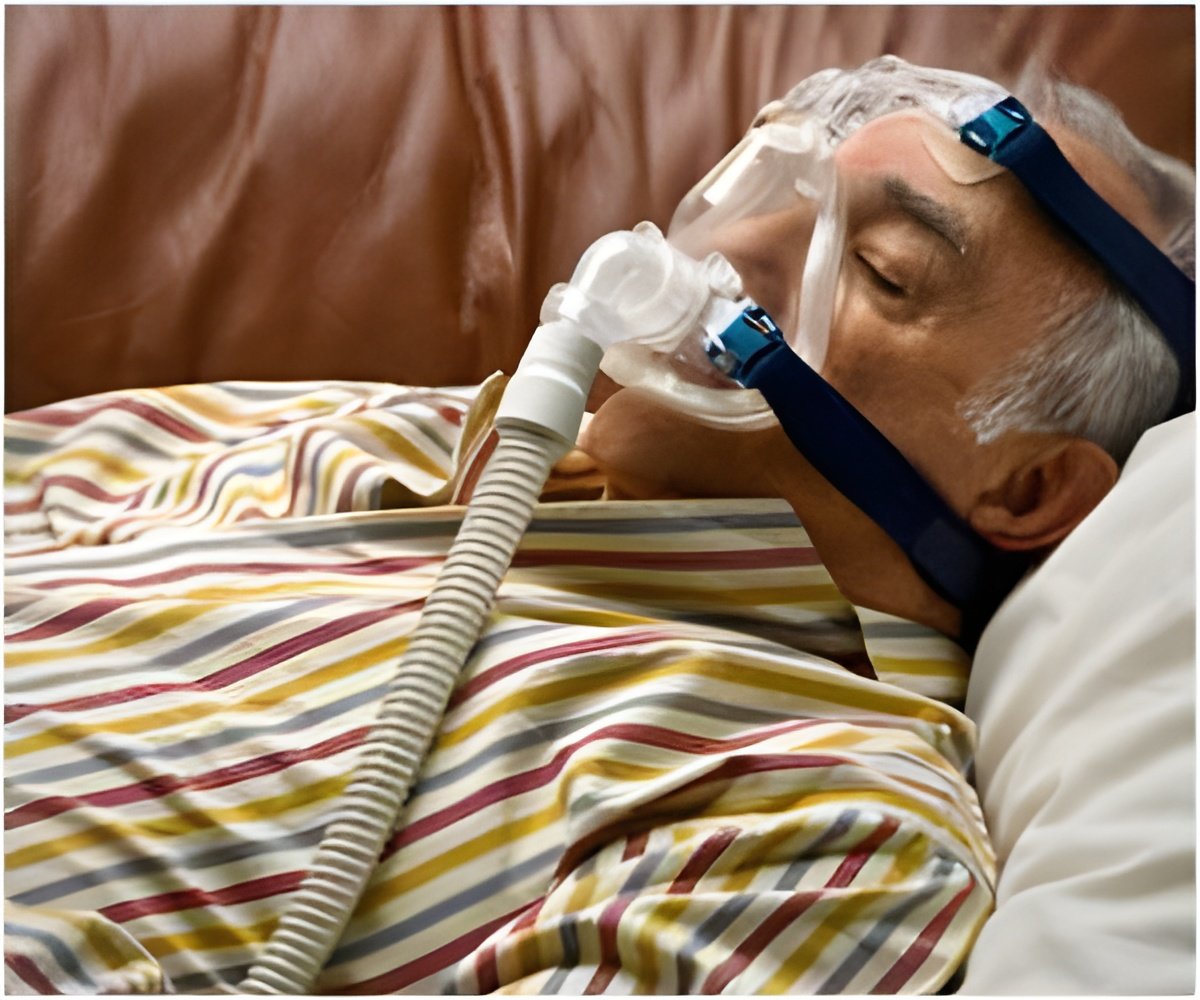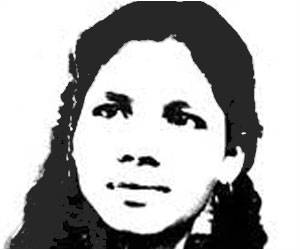
‘Measures of the amount of glucose (sugar) consumed by the brain can directly predict a person's current level of awareness, or the likelihood that they will recover from coma.’
Tweet it Now
In the study, team aimed to develop more-reliable diagnostic markers for the assessment of current and future levels of consciousness to complement routine bedside clinical examinations. To this end, they quantified and mapped cerebral glucose metabolism in 131 brain-injured patients, all of whom were suffering from either full or partial loss of consciousness.The researchers measured glucose metabolism using FDG-PET, a well-known imaging technique in which glucose labeled with a radioactive tracer molecule is injected into the bloodstream. The labeled glucose makes it possible to capture and map glucose uptake in any organ of interest, in this case, the brain.
Their results showed that the patients' individual levels of behavioral responsiveness were strongly linked to their overall cerebral energy turnover. In fact, patients with glucose metabolism below a well-defined threshold of 42% of normal cortical activity appeared to be fully unconscious and did not recover consciousness at one-year follow-up.
In contrast, nearly all patients with brain metabolic activity above this energetic threshold either showed signs of awareness at the initial examination or had recovered responsiveness a year later. Overall, the researchers report, the cerebral metabolic rate accounted for the current level, or imminent return, of awareness in 94% of patients.
"The take-home message (for now) is that consciousness is a highly energy demanding process, involving the brain at large," Kupers says. "This fundamental physiological trait can help clinicians determine the potential for recovery of awareness in patients suffering from severe brain injuries of any kind." The researchers say it will be important to verify the findings in an independent patient population. They also hope to explore how brain metabolism changes over time in brain-injured patients. The study appears in the journal Current Biology.
Advertisement











